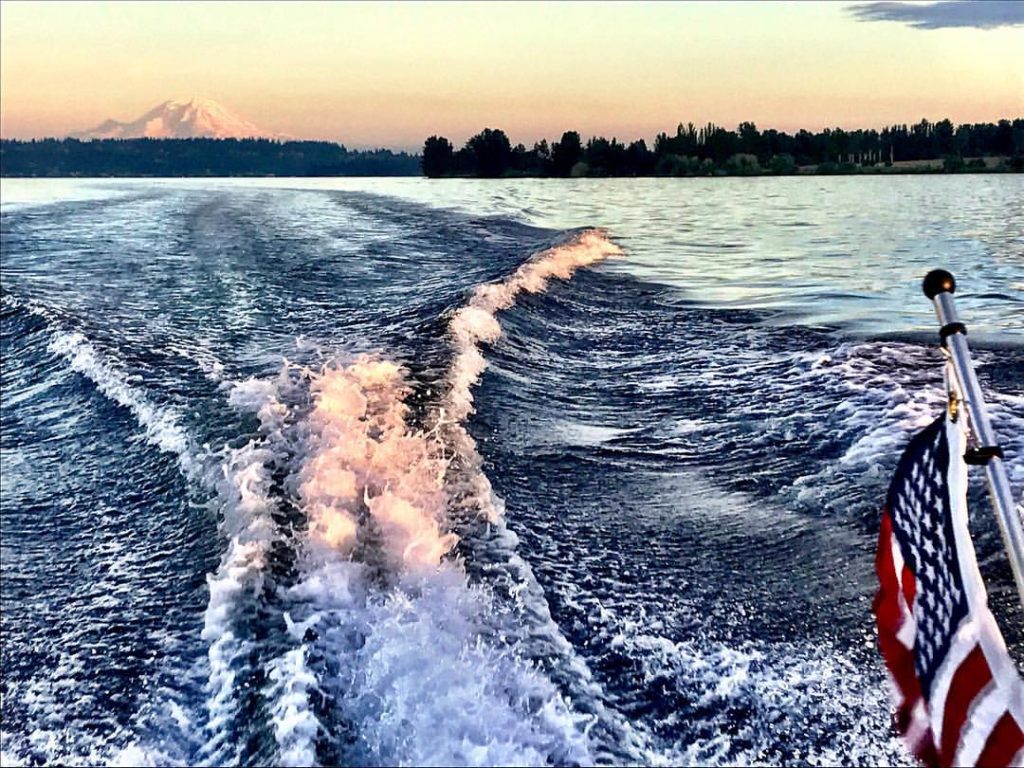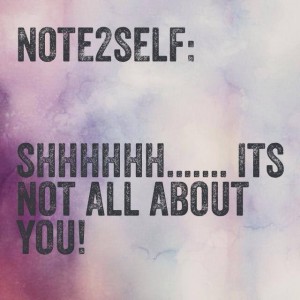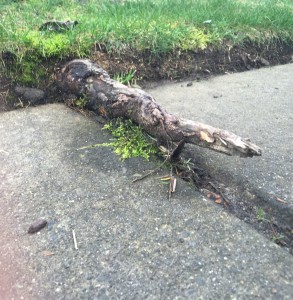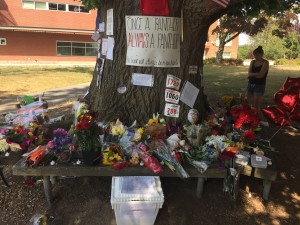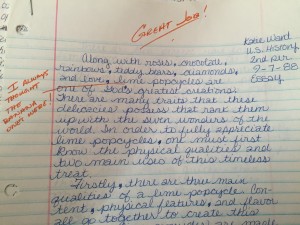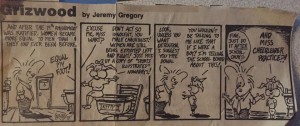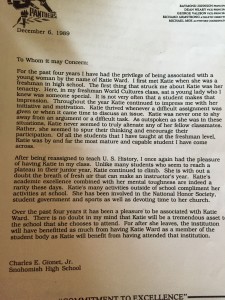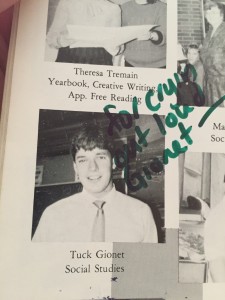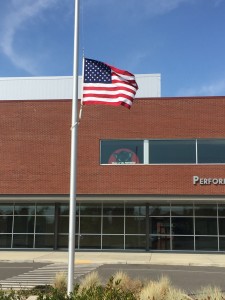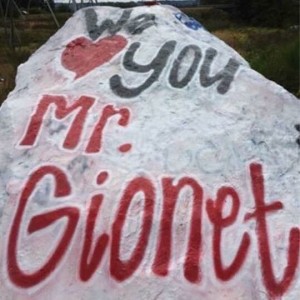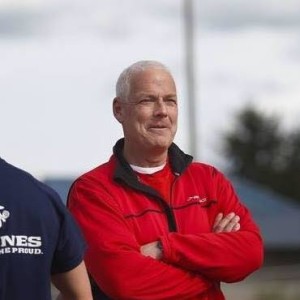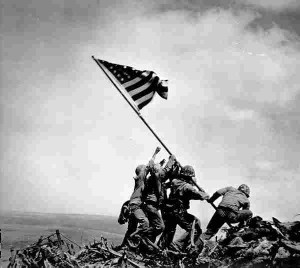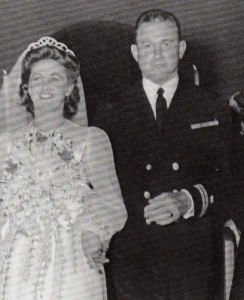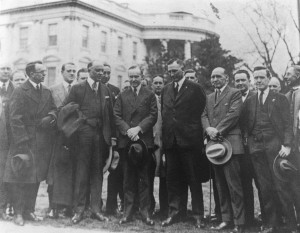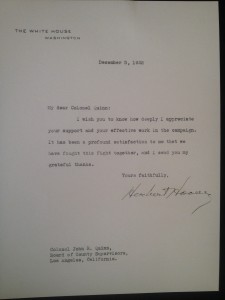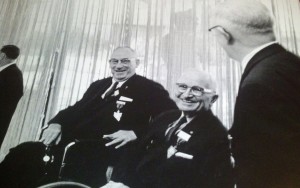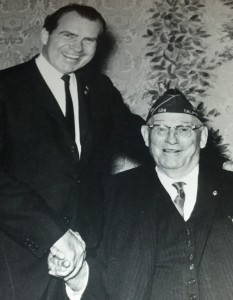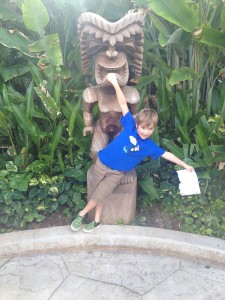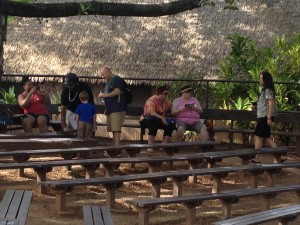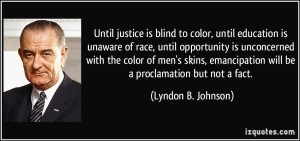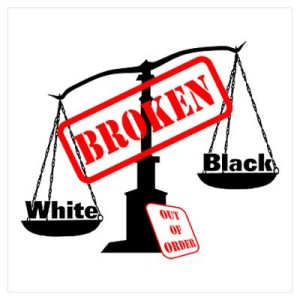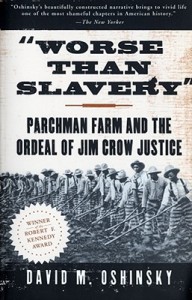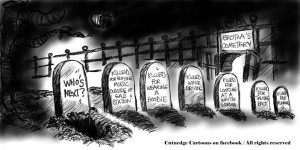Once upon a time…
It’s how every fairy tale begins. Once upon a time there was a fair maiden who was nothing until a rich handsome prince showed up, told her she was pretty, and they lived happily ever after. Once upon a time there were unknown lands until one brave man discovered them. Once upon a time people risked their lives to create a utopia of freedom. Once upon a time a boy who could not tell a lie became our first and greatest leader.
We love these stories. We revere these stories and the men they idolize. We make couplets and poems to celebrate them. We pass down idioms and proverbs about them. We build monuments to them and name streets, towns, states after their heroes. Deep down we know the real story looks nothing like the legendary version, but we prefer to view them through a rosy lens, package it in red, white, and blue, and call it patriotism.
Any challenge to this narrative is considered an attack. Any reframing of history is unpatriotic. We make excuses for evil and call it a by-product of the era. When voices speak out against this practice, we say, “You must not love this country. You’re not happy with the way things are? Maybe you should leave.”
As I’ve observed events and the resulting conversations over the past few weeks of upheaval, a story picture has formed in my mind. My close friend had recently quoted Mark 3:25 on one of our walks, “A house divided against itself cannot stand.” (Everybody likes to attribute that to Lincoln, but it was Jesus.) The metaphor of this nation being a house is a powerful one, and as I ruminated on it some truths have been revealing themselves in my heart.
Instead of a fairytale, which often bears little resemblance to reality, I’d like to tell an allegory about patriotism. It goes like this:
You’re a judge and a woman comes to you about the man she lives with.
She tells you the relationship began when he kidnapped her from her home as a child. He gave her a new name, forbade her from using her old name or practicing any of her family traditions, and told her she could no longer speak of the place or people from which she’d originated. He controlled her comings and goings, forcing her to work hard labor all day. He’d laid the foundation of his house but coerced her to build the mansion it sat upon. He took her body without consent whenever he chose, denied responsibility for the children she bore him, and treated them with contempt and derision. He gained tremendous wealth because of her, and gave her not a penny. On his best days, he didn’t beat or rape her, but those days weren’t the norm.
Then one day the police showed up and said yeah, you can’t do that anymore so he reluctantly said she was free…only she had no money and no place to go. In fact, he was supposed to give her land to build her own home and he promised he would, but never followed through. She couldn’t go back to the home from which she’d been stolen, even if she wanted to do so. He’d purposely erased all memory of that place because if she knew of the greatness of her People and the things they’d achieved, she would be a threat to him and all he’d come to possess through her work and from robbery of the original residents of the land.
Against all odds and efforts, she constructed a beautiful addition onto the house and opened a thriving business.
Bitterness and anger seethed in him. How dare she, he thought. So, he burned her new space to the ground. He did it brazenly and without fear of repercussion. He bragged about it to anyone who would listen. With each step forward he met her progress with resistance. He watched her every move in hopes she would make a misstep so he could put her in bondage again.
However, he continuously underestimated her tenacity, and time and again she rebuilt.
See, the thing is, he wanted to control her because he saw how beautiful and strong she was. He was obsessed with her and yet hated her for his own obsession. He loved the sound of her voice, and her humor gave him joy. He admired her innovation, creativity, and intelligence but was insanely jealous and terrified of losing the upper hand in the relationship. He feared the day she’d recognize the full extent of her potential, her power, and the true legacy from which she’d come. His only hope was trying to convince her she wasn’t capable of living without him when in reality he wouldn’t be what he was without her. After all, she was responsible for his fortune.
As time went on, he decided to take a different approach. He wouldn’t be outwardly abusive to her, instead he’d joke about her with his buddies behind closed doors. He’d no longer let people see him undermining her success. He knew he’d have to get more crafty and surreptitious in his endeavors. He learned to reframe the conversation so that whenever she objected to his treatment of her or complained about the deterioration of the house, he’d bring up all the things he’d provided her, the ways he’d attempted to improve his treatment of her, and any mistakes she might have made along the way. He twisted the story until even he no longer knew truth from fiction. To his friends he tried to make her look ungrateful, lazy, stupid, dangerous, or unfaithful. He claimed she was the abusive one whenever she fought back or retaliated against his cruelty. He pointed to the hole she’d punched in the wall during a moment of frustration and blamed her for the home’s state of disrepair.
Over the years, he became more and more oblivious to the condition of the house. It was dilapidated. No longer the most beautiful house on the block, it had become an eyesore, and an embarrassment. Shingles were falling off and rats had infested the attic. The foundation began to crumble because the materials and technique he’d used had appeared to be good on the façade but were actually deeply flawed and weak.
Despite this, the woman still believed the situation could be remedied. She believed they could live in peace together in the home. She believed if they shored up the cracks in the foundation it might continue to stand but drastic changes to its structure were required.
So, she presented him with a list of items needing to be addressed. He ignored them. The electrical system shorted out but only in her part of the house. Once again she presented her list. He disregarded it and told her to light a candle. The water heater went out in the middle of her shower. He told her to stop yelling at him about the things wrong with the house and be grateful because cold water was better than no water.
She still valued the house. After all, she’d built it with her own blood, sweat, and tears. She visualized its potential, dreamed of what it could be with a solid foundation and repairs to those aspects of it which weren’t functioning properly. Unfortunately, he refused to acknowledge its inadequacies. She couldn’t understand why he hated her so much he’d rather let the place fall completely apart until it was uninhabitable rather than work to make it livable for both of them.
If it were going to be saved, it would need major renovations. The plumbing system? Broken and outdated, only functioning in certain rooms of the house, but not in hers. The sewage line leaked, seeping into the groundwater. The ceilings of her portion of the house were significantly lower than the rest of the home. The original addition she’d built – the one he’d burned down – was lofty, with skylights. When she rebuilt it, he imposed a strict and unreasonable height limit on her roof.
It’s difficult to hold one’s head up if the ceiling is encroaching and preventing you from standing straight.
When she lifted her head and broke through the ceiling, he’d show up promptly to spackle it over. He couldn’t be counted on for any other repairs, but fixing that ceiling was both his priority and his specialty.
The man said, “This house is great. It’s always been great, and I’ve been good to you, mostly. I mean, there was that one time…and that other time…and the time after that…but that was years ago. Okay, months ago. Oh, yeah, weeks ago. It’s been at least 48 hours since I abused, disrespected, and attempted to dehumanize you. Why must you hold a grudge? I put new carpet over the rotting floor and wallpaper over the moldy walls, isn’t that enough? Frankly, I’ve had enough of your complaining. If you don’t like this house, you can leave. I’ve done all I’m willing to do.”
So she comes to you, the judge, and asks a simple question.
Who loves the house more: the one willing to honestly assess its problems and then work to repair them or the one who says “stop trying to change the house, it’s livable enough for me?”
And I ask you…
Who loves this country more: the one who sees that justice is being applied unevenly and advocates for reformation, or the one who turns a blind eye because it doesn’t affect them?
Who loves this country more: the one who sees that it’s failing its citizens and seeks to remedy that, or the one who declares it just fine and if you don’t like it, you can leave?
Who loves this country more: a person who quietly kneels during the anthem in protest asking that all men and women be afforded the right to live unoppressed, or the one who belts out the words “land of the free” while waving an American flag but decries the removal of monuments to slavers, traitors (confederates), and white supremacists?
I’d posit that a man who beats his wife, is unfaithful, inhibits her ability to get a job, doesn’t allow her freedom to move about, refuses couples counseling, and speaks disparagingly about her but prominently wears his wedding ring does not love his wife more than a man who listens, respects, works on conflict, and isn’t complacent about her happiness but chooses not to wear a ring.
Likewise, outward symbols of patriotism are not necessarily a true indication of the commitment a person has to the collective good of a nation. In fact, I’ve observed in some of the most star-spangle-bedazzled people an entrenched resistance to the concept of a collective good. The great irony of the United States of America is our fetishization of individualism while extoling unity. Individualism is social Darwinism. Every man for himself. If we were truly united, we would be unsatisfied with the state of things as long as not everyone enjoys the same level of freedom, opportunity, and safety.
We claim love of country but are cool with twenty million of our citizens living in poverty, many of whom are children. We claim love of country but are only mildly bothered by its injustice and hypocrisy. We despise those who protest the flag but display it in vain.
Our values are freedom* (despite having the highest level of incarceration in the world following a 400+ year history of the enslavement of human beings), democracy* (despite a long-standing effort towards disenfranchisement that is actually getting worse, not better), and the pursuit of happiness. That last one we do pretty well. We especially like to pursue happiness at the expense of others and call it capitalism.
So, who is the real patriot? The one who looks upon the dysfunctional status quo and declares it great as long as it benefits them, or the one who seeks to actually remake this nation into the thing it has always claimed to be but has never really lived up to; a beacon of liberty and justice for all?

